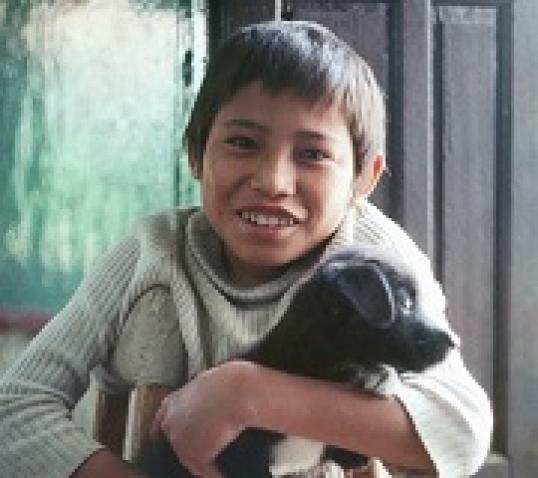The new SDGs and their targets also cover vulnerable and marginalized groups, including the 1 billion people living with disabilities, worldwide.This year marks the first year of the implementation of the 2030 Agenda, as well as the 10th anniversary of the UN Convention on the Rights of Persons with Disabilities (CRPD), an international human rights treaty that was adopted by the UN General Assembly in 2006.
Tracking implementation of the CRPD
Each year, Governments that have ratified the CRPD meet at UN Headquarters in a “Conference of States Parties” to discuss the implementation of the CRPD and chart a way forward to improve the lives and well-being of people with disabilities. From around the world, high-level Government delegates, representatives of UN agencies, and hundreds of civil society participants, including representatives of organizations of persons with disabilities, join in the discussions.
This Conference of States Parties to the CRPD has grown to be one of the largest and most diverse meetings on disability in the world.
This month, the 9th session of the Conference of States Parties (COSP) will take place at UN Headquarters from 14 to 16 June. The aptly chosen overarching theme of this year’s session is: “Implementing the 2030 development agenda for all persons with disabilities: Leaving no one behind”.
Sub-themes of the Conference relating to the SDGs include: Eliminating poverty and inequality for all persons with disabilities, Protecting the rights of persons with mental and intellectual disabilities, and Enhancing accessibility to information, technology and inclusive development.
Achieving the SDGs for people with disabilities
This year’s CRPD anniversary and COSP provides a timely opportunity for States Parties and other stakeholders to look at how the CRPD can better inform and guide the implementation of the new development framework presented in the 2030 Agenda to help achieve the SDGs for people with disabilities.
The event will also offer an opportunity to take stock of the progress made by States Parties and other stakeholders in realizing an inclusive society for all. In conjunction with the COSP, Governments, UN agencies and civil society organizations convene short parallel side-events that cover a myriad of disability-related issues that add value to this international gathering of disability activists, advocates, policy-makers, practitioners, Government and UN officials and others. In the three days of the Conference over 70 side-events are expected to take place.
A day prior to this year’s COSP, the President of the UN General Assembly will organize a panel discussion to follow up on the status of and progress made towards the realization of the development goals for persons with disabilities.
Forum brings voices of civil society
A Civil Society Forum will also be held a day prior to the COSP that will provide a space for civil society, including representative organizations of persons with disabilities and other stakeholders, to map out their vision and work to strengthen the voice of people with disabilities in the intergovernmental discourse.
Over the past 10 years, the world has seen increasing support for the implementation of the CRPD that currently has 164 States parties. The international community has come a long way since the adoption of the Convention ten years ago, as the global normative framework to advance the rights of persons with disabilities in society and development has been strengthened significantly. The voices and perspectives of persons with disabilities continue to be better reflected at the international level and in the work of the United Nations, which serves to ensure that they are not left behind.

